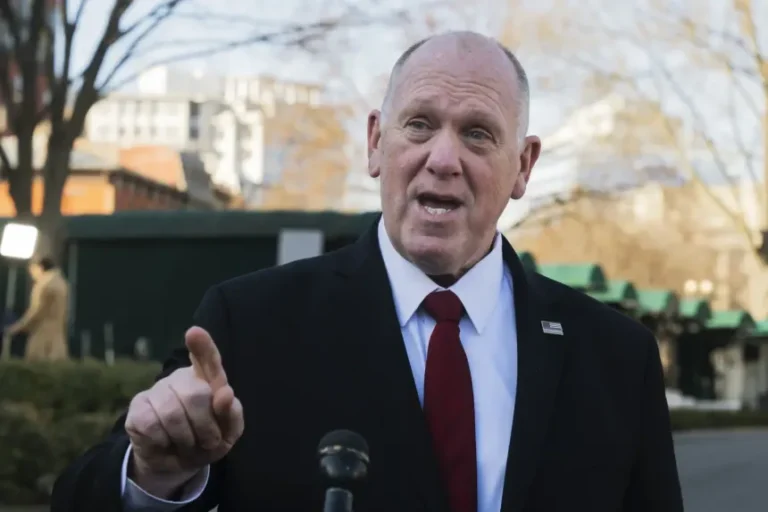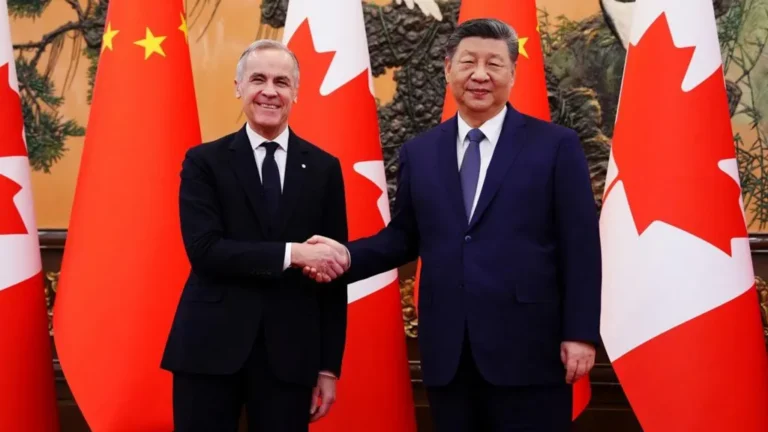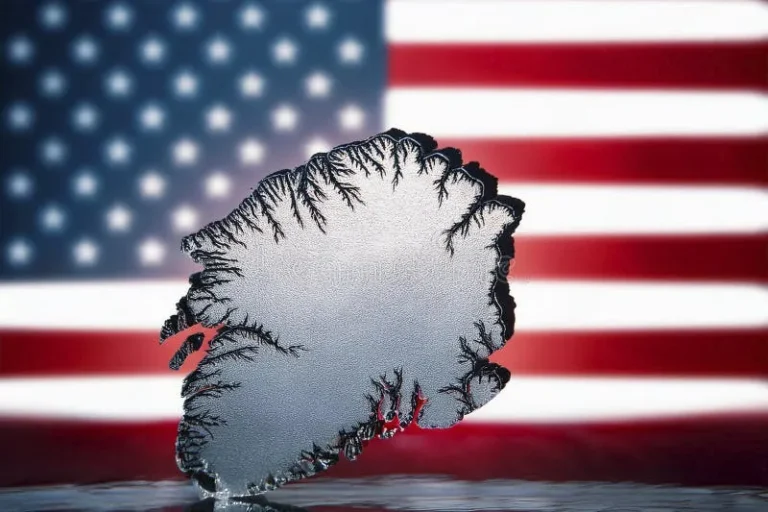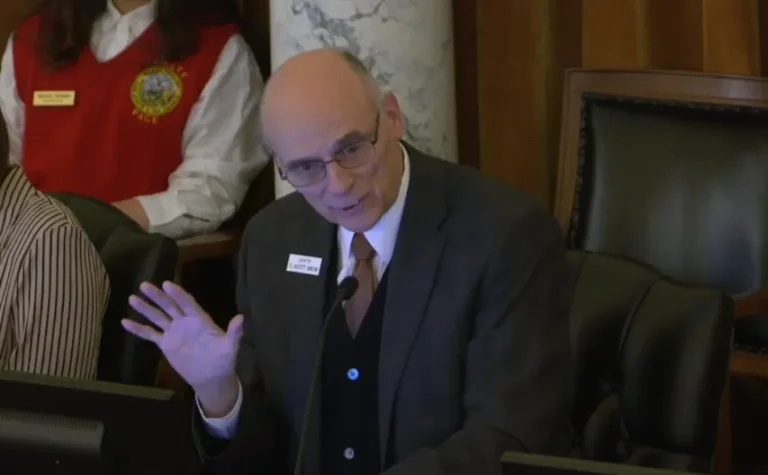
BEIJING — July 2, 2025 — A public disagreement between President Donald Trump and Tesla CEO Elon Musk has generated widespread attention in China, where Musk is enjoying a surge in online support following his criticism of Trump’s latest tax and spending legislation.
After the U.S. Senate passed the $4.5 trillion bill earlier this week, Musk described the legislation as “insane” and reiterated his pledge to oppose lawmakers who supported it. He also floated the idea of founding a new political party, tentatively called the “America Party.”
Viral Response on Chinese Platforms
Chinese social media erupted following Musk’s comments. The hashtag #MuskWantsToBuildAnAmericaParty trended on Weibo, a platform similar to X (formerly Twitter), and received more than 37 million views within hours.
Comments ranged from enthusiastic support to humorous observations:
- “His tech-driven mindset could inject fresh energy into politics.”
- “Brother Musk, you’ve got over a billion people on our side backing you.”
- “Every day, Musk is basically live-streaming ‘How Billionaires Argue.’”
This level of engagement is notable given China’s strict internet controls, suggesting officials may be allowing the discourse as a way to highlight U.S. political divisions.
Musk’s Popularity in China
Elon Musk enjoys a strong reputation in China, especially among tech enthusiasts. His company Tesla operates its largest production facility in Shanghai, and his direct relationship with Chinese Premier Li Qiang is well-documented.
Musk’s mother, Maye Musk, has also gained a following in China through her appearances and online presence.
Chinese audiences have historically embraced American tech leaders. For example, Walter Isaacson’s biographies of Steve Jobs and Elon Musk have been bestsellers in China.
Contrast with Trump’s Image
While Musk is celebrated for innovation, Trump is viewed by many in China as a volatile political figure. His previous administration and current presidency have both featured aggressive trade policies targeting Chinese exports, including sweeping tariffs and export controls.
Trump’s unpredictable style and trade war rhetoric have made him a divisive figure among Chinese observers, some of whom mock the ongoing feud with Musk as “petty.”
Broader Implications
The Musk–Trump dispute is unfolding just as Trump pushes for final House passage of his signature economic bill. Musk’s public opposition to the measure and willingness to challenge sitting lawmakers suggest a growing political rift between two of the most prominent figures in business and government.
Chinese netizens, watching from afar, appear eager to weigh in—not just for entertainment, but as spectators to a global power shift where tech leaders increasingly challenge political authority.





